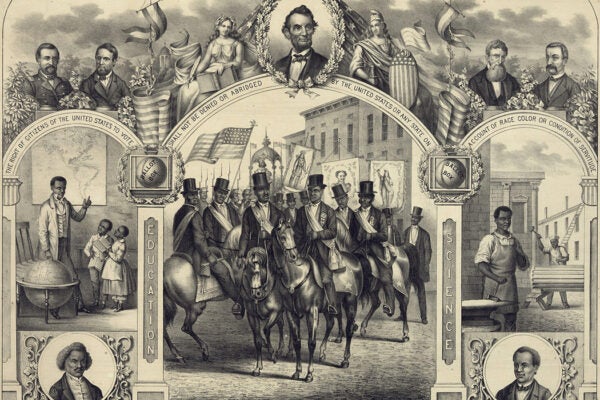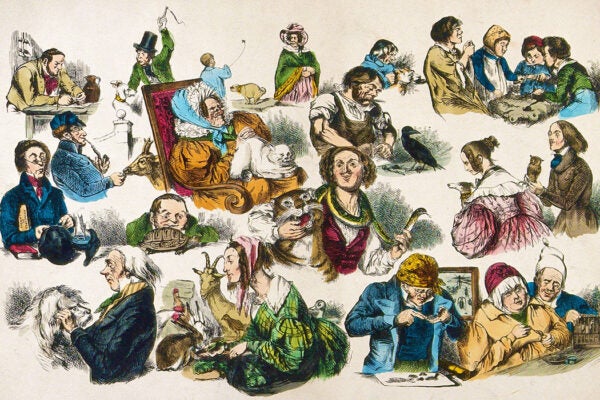Rights of Nature: A Reading List
What would it mean for rivers, forests, and animals to have legal rights? A global movement is rethinking law’s relationship to nature.
Keeping Time: A New Year’s Collection
A selection of stories that chronicle our complicated notions of time.
Landscape Architecture: A Reading List
A survey of classic and contemporary works revealing how cities, materials, power, and ecology shape landscapes—and how design can create healthier, more just places.
Winter Holidays
Celebrate with some seasonal scholarship from JSTOR Daily for the winter holidays.
Thanksgiving Stories
Turkey or Tofurkey? Stuffing or dressing? Whatever the controversy, these Thanksgiving stories will slake your appetite!
The Promise and Problems of Public Lands: A Reading List
Discover key research on U.S. public lands through scholarly works exploring conservation, Indigenous knowledge, and public policy.
Perspectives on Public Space: A Reading List
This list introduces some of the main debates about public space, from park politics to political protest, public expressions of sexuality to safety and security.
The Fifteenth Amendment: Annotated
The brevity of the Fifteenth Amendment of the US Constitution belies its impact on American voting rights.
Honoring Indigenous Peoples’ Day: A Reading List
With scholarship on Indigenous knowledge, environmental justice, resistance, and decolonization, this list honors Native sovereignty and self-determination.
Learning about Language: An In-Class Activity
A scholar of the medical humanities shares ideas for helping students discover how language shaped past cultural attitudes—and still shapes them in the present.









